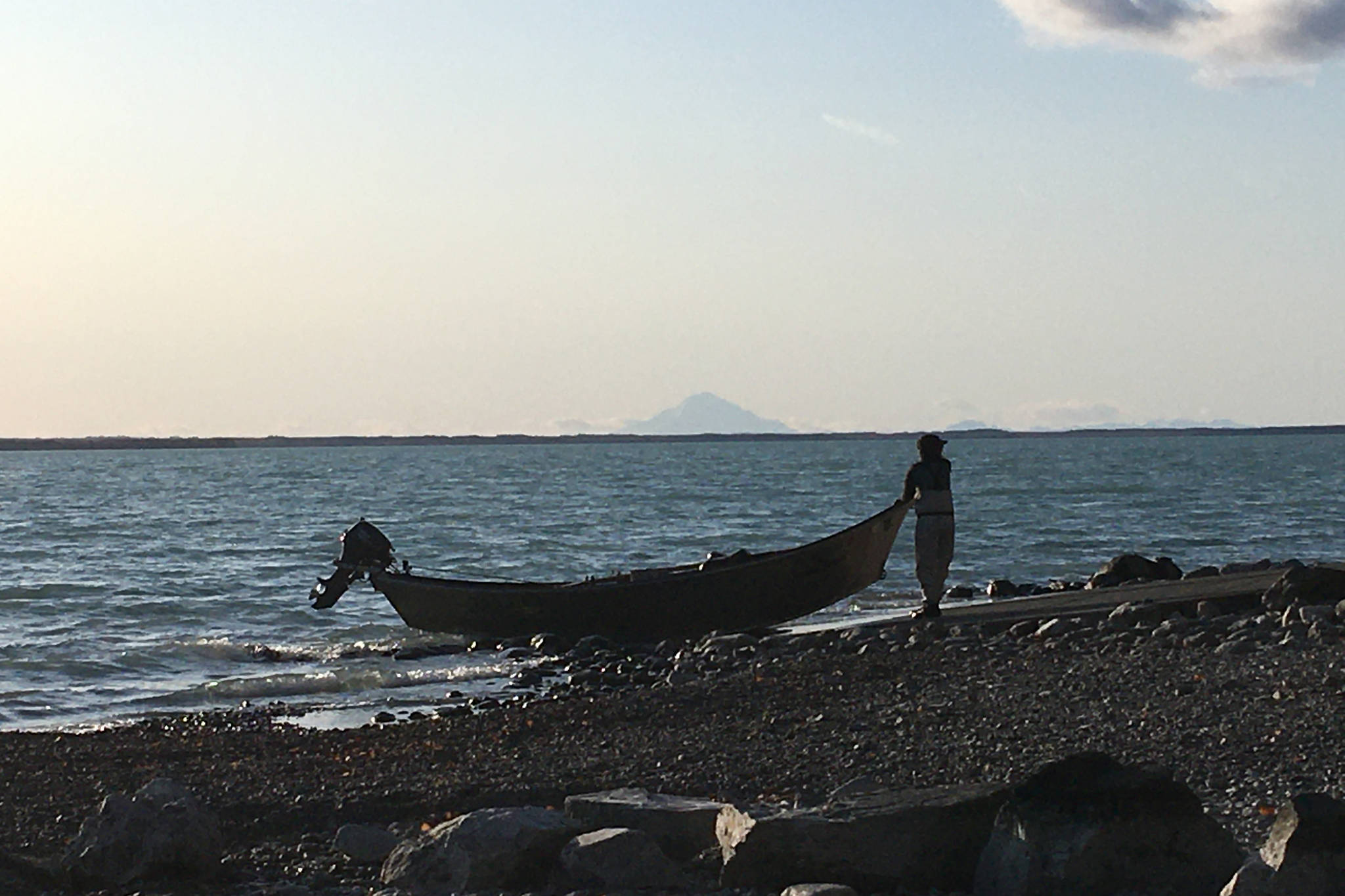It’s here. In Alaska.
The slow, incremental erosion of your freedoms and the increasing control by The Man. Whether it’s by design, with forethought or malice, is not relevant. Government overreach, i.e. control, is on the rise in The Greatland.
Restrictions. Rules. Mandates. And closures. They’ve crept into Anchorage and make no mistake, they are working their way through the rest of the state, including our beloved Kenai Peninsula.
We saw it this spring, when Alaska Department of Fish and Game attempted to close bear hunting statewide supposedly to protect us from COVID-19. In June, you had to fill out a book with your name, address, email, phone number and signature before you could pick up your cheeseburger in Anchorage. Last week, I had to apply for a municipal travel permit before being allowed to fly home through the community of Dillingham. And now, the mayor of Alaska’s largest city will require everyone to wear masks.
Don’t get me wrong; I believe that the virus is serious and the safety of Alaskans is important. But Alaska continues to have one of the lowest COVID-19 positivity rates in the nation, which means that we’ve done a great job of frequently washing our hands, social distancing as best possible, avoiding large gatherings, and staying home if health compromised or elderly. But too much more beyond those reasonable personal choices, well, that’s just more bureaucratic control in my opinion.
The most recent example of government control on the Kenai? The choice to not open Eagle Rock boat ramp by Alaska State Parks, denying OUR safe, easy public access to OUR resource, through a public facility recently improved with OUR dollars.
Why am I so spun up about State Parks refusal to open this popular boat launch to the public during the months of May and June?
— Because the other lower Kenai River option, The Pillars boat ramp, is virtually unusable as a takeout for low-impact drift boaters due to the fast current at that location.
— Because The Pillars facility also creates a potential safety hazard for the young and the old, should they stumble and fall into the fast water while navigating the dock system.
— Because access to the resource, our resource, is becoming less and less each year. For example, another popular lower river boat ramp (Stewart’s Landing) sold this spring and is now closed to the public.
But mostly, because it didn’t have to be this way.
If you call Alaska State Parks and inquire about the reason Eagle Rock is closed to the public, you will get the same disappointing answer that I did. Parks will calmly and politely state that they are “experiencing difficulty getting camp hosts through the Canadian border due to COVID” and “funding is down.” (Side note on funding: This year, Alaska State Park’s raised licensing fees for resident Kenai River guides and lowered licensing fees for nonresident Kenai River guides, thereby encouraging nonresident guides and discouraging young Alaskans from entering the industry. That’s the wrong direction in my opinion and yet another example of the breakdown of the system).
At the risk of sounding crass, I say, “Horse puckey, State Parks!” We don’t need a camp host. It’s not a campground. It’s a boat launch and a parking lot, with a modern automated kiosk to receive payment.
Take the lock off the gate. Let us launch. Allow Alaskans access to OUR resource with OUR facility. We’ve patiently waited seven, eight, and now nine months to recreate and now, more than ever, we need to get outdoors!
Now that it is July, State Parks says they will open Eagle Rock any day now. But that’s not the point, because this is bigger than just a temporary closure to one of our state facilities. Much like the Kasilof River takeout called Trujillo’s Landing, the state purchased a working, private facility years ago and then chose to close it to the public, taking the convenient and easy way out rather than finding a workable solution for The People. Is this “the new normal?” I don’t know, but it’s a pretty scary direction.
And that’s what has me so disappointed. As Alaskans, we pride ourselves in our ability to problem solve. To adjust, to adapt, to persevere and move forward. Yet more and more of late, those “fearless leaders” in power don’t problem solve; they opt for the easy way out and we let them get away with it. That one is on us, the people of Alaska, who slowly but surely conform, bow, and even roll over — rather than demanding accountability from politicians who are supposed to be working for us.
Wake up, Alaskans. This ain’t the Lower 48!
— Greg Brush
Soldotna

